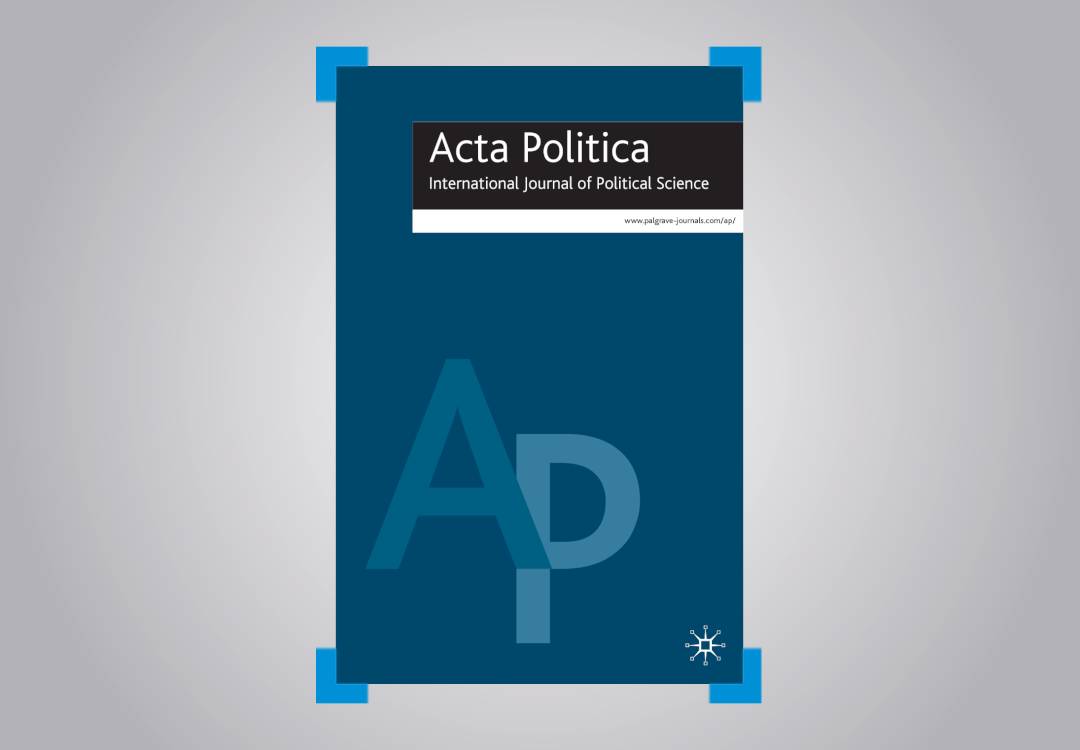

Judith Möller and fellow researchers have published an article in the international political science journal "Acta Politica". It examines the question of whether low-threshold political activities (donations, volunteering, etc.) make people participate more in democratic processes such as elections (upstream effects) or less (downstream effects). The results of a survey involving over 3,000 people suggest the latter. The article is available as an open access publication.
Link to the article

Judith Möller and fellow researchers have published an article in the international political science journal "Acta Politica". It examines the question of whether low-threshold political activities (donations, volunteering, etc.) make people participate more in democratic processes such as elections (upstream effects) or less (downstream effects). The results of a survey involving over 3,000 people suggest the latter. The article is available as an open access publication.
Link to the article
2024